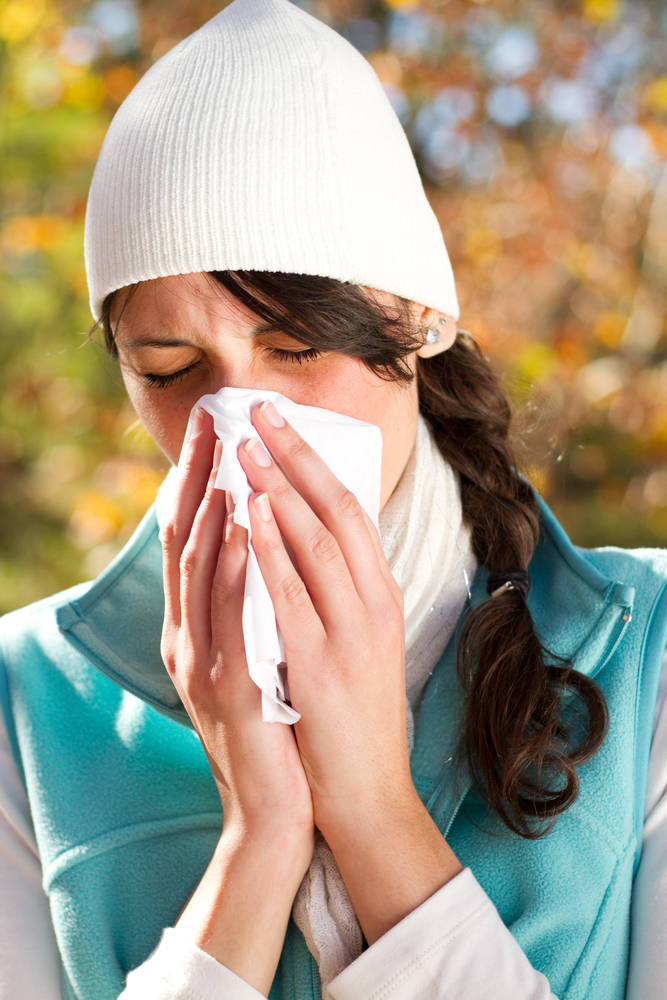Understanding Ears, Nose and Throat Infections

By Mason Smith
Infections happen when germs get inside your body and make you sick.
Germs are tiny living things that can cause infections.
- Germs are found all over the world, in all kinds of places.
- Sometimes germs give us an infection and make us sick.
- You can get an infection in any part of your body.
Anyone can get ear, nose, and throat infections, but you are at extra risk if:
- You spend time around others who are sick
- You live with other people and they get sick
- You smoke cigarettes or spend time around others who smoke
Some people may get ear infections more often or easier than others:
- People with diabetes
- Children with down syndrome
- People with cancer
- People with HIV or other immune disorders
What is an ear infection?
- Your ears are connected to your throat by a tube.
- Harmful germs can get trapped in this tube and cause an infection.
You should see your doctor if you:
- Feel pain in your ear (earache)
- Feel itching inside your ear
- Have trouble hearing
- Hear buzzing sounds
- Feel warm (have a fever)
What is a nose infection?
- Germs can get into your nose and cause swelling.
- Nose infections are sometimes called nasal or sinus infections.
- Sinuses are spaces filled with air behind your nose, eyes, and cheeks.
You may want to see your doctor if you:
- Have a stuffy or runny nose
- Feel pain in your head (headache) or face or around your teeth
- Have trouble tasting or smelling
- See yellow, grey or green fluid come out of your nose
- Have a cough that won’t go away
- Feel warm (have a fever)
What is a throat infection?
- Germs can get into your throat and cause your throat to get sore and swollen.
- Germs can also infect your tonsils.
- Tonsils are balls of tissue behind your tongue.
You may have a throat infection if you:
- Feel pain in your throat
- Feel pain when you swallow
- Feel warm (have a fever)
If you are feeling sick, call the doctor.
- Tell the doctor about what you are feeling in your body (your symptoms).
- Try your best to explain exactly how you feel – this will help you get the best treatment!
- Follow the doctor’s advice about what to do.
You may need to see the doctor for an examination.
- Your doctor will check your ears, nose, and throat for signs of infection.
- For example, your doctor may use a cotton swab to test your saliva (your spit) for germs.
- The doctor may also look inside your ears and into your throat.
Your doctor will tell you what to do to get better.
- The doctor may prescribe medicine.
- The doctor may tell you to rest.
- Make sure you understand all of the doctor’s instructions before you leave the office.
There are other things you can do to help yourself feel better!
- Get plenty of rest and sleep.
- Eat three meals each day, including fruits and vegetables.
- Drink plenty of fluids.
If people around you are sick, you can stay healthy by:
- Washing your hands often with soap and warm water
- Keeping your hands away from your nose, eyes, and mouth
- Staying away when someone sneezes or blows his or her nose
- Not sharing the same forks, spoons, or straws with people who are sick
You can also prevent infections by living a healthy lifestyle.
- If you smoke, try to quit.
- Get lots of exercise.
- Be active – do interesting things with friends.
Learn more about preventing ear, nose, and throat infections.
WebMD Cold & Flu Center
WebMD Cold & Flu Center
Last updated on June 10th, 2010
Consumers Health
© Copyright 2010 California Department of Developmental Services
This site does not provide medical advice, diagnosis or treatment.
© Copyright 2010 California Department of Developmental Services
This site does not provide medical advice, diagnosis or treatment.

